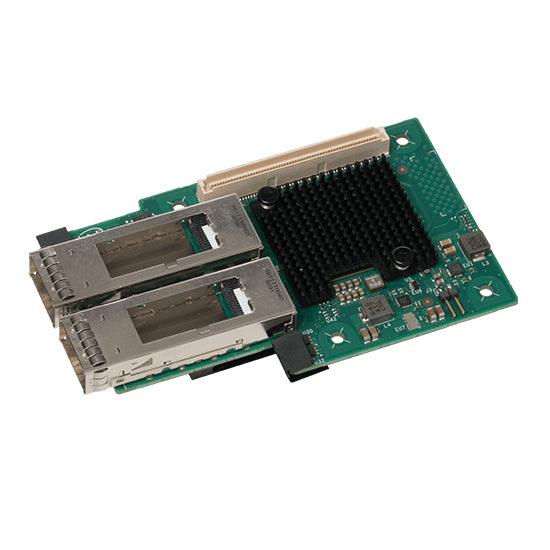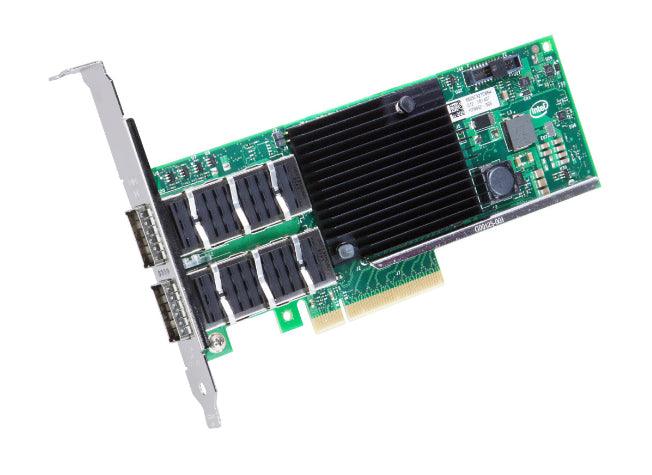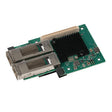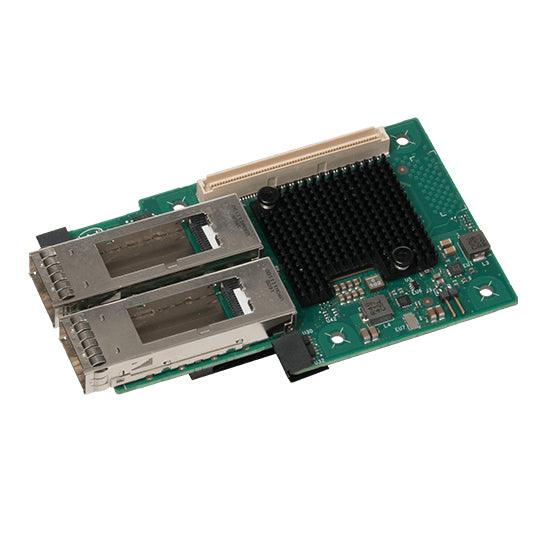INTEL Ethernet Converged Network Adapter XL710-QDA2 (XL710QDA2)
Couldn't load pickup availability
Care information
Care information
👉 If you discover a fault within 14 days of receiving your item(s), we will help you replace or repair it. Please email us at hello@techforgood.com.au.
👉Our warranty policy can be found here.
Delivery and Shipping
Delivery and Shipping
👉Orders received before 12pm (AEST) are dispatched same day (Mon-Fri only)
👉Orders are only processed Monday-Friday (and not on public holidays).
👉You can expect your order to arrive within 3-5 days.
👉We do not ship to PO box addresses.
👉Our full shipping policy can be found here.




